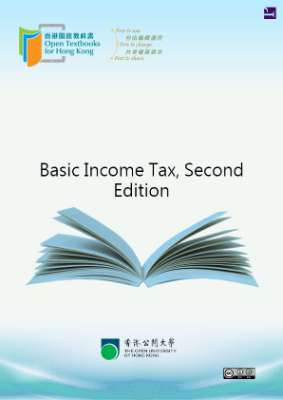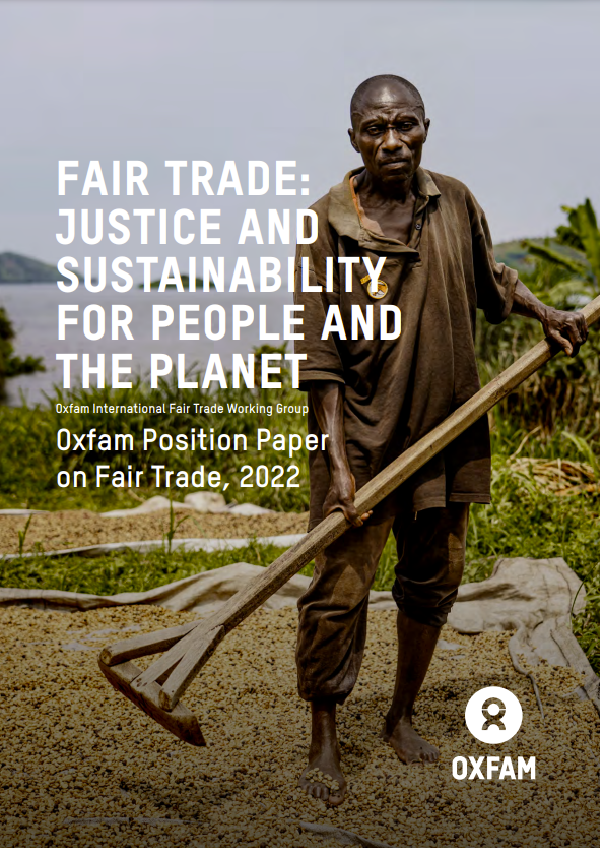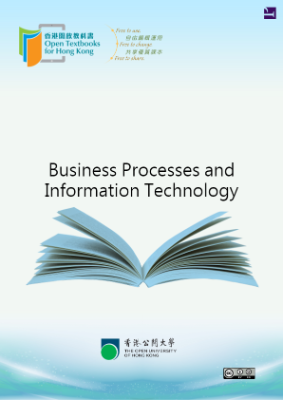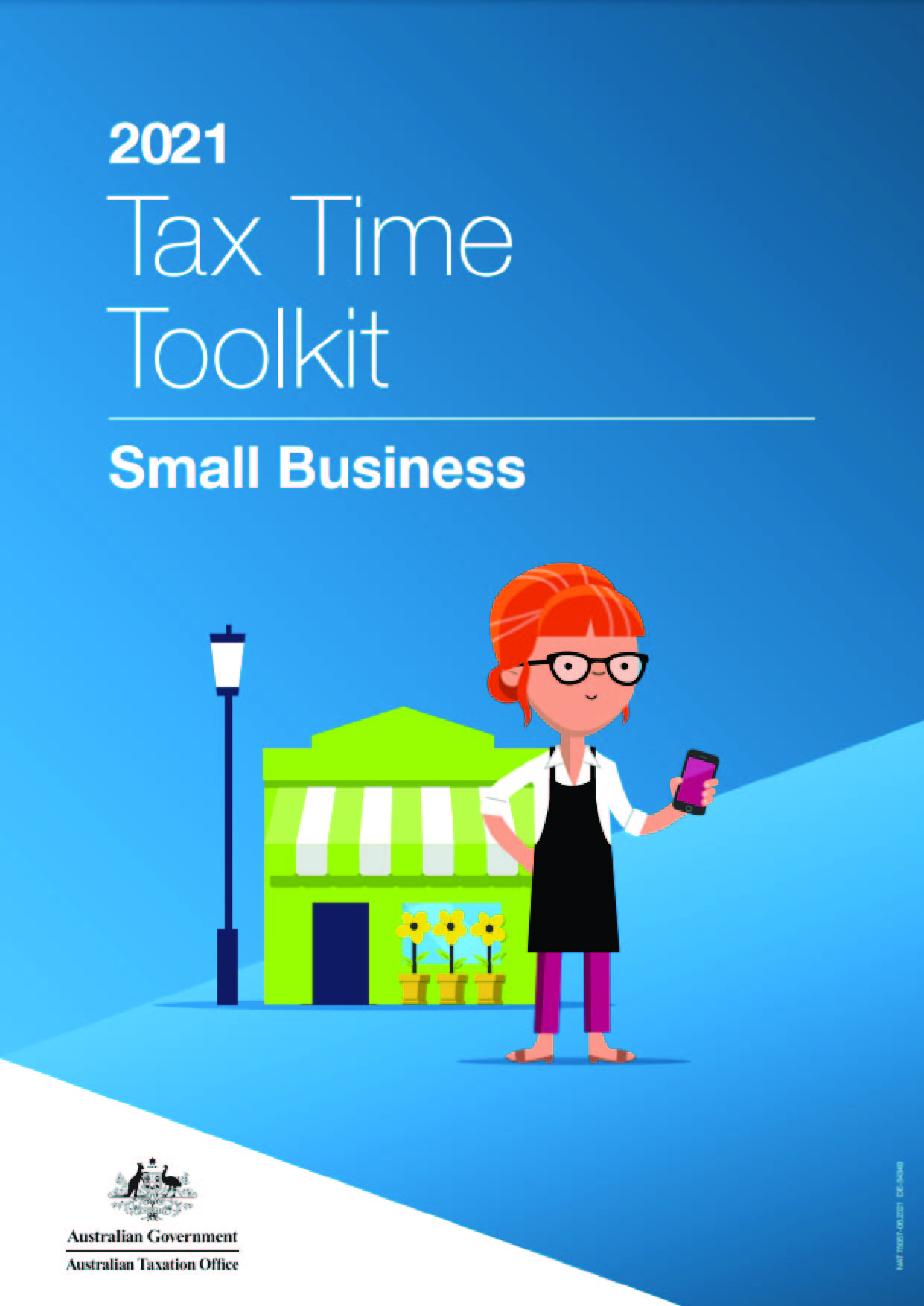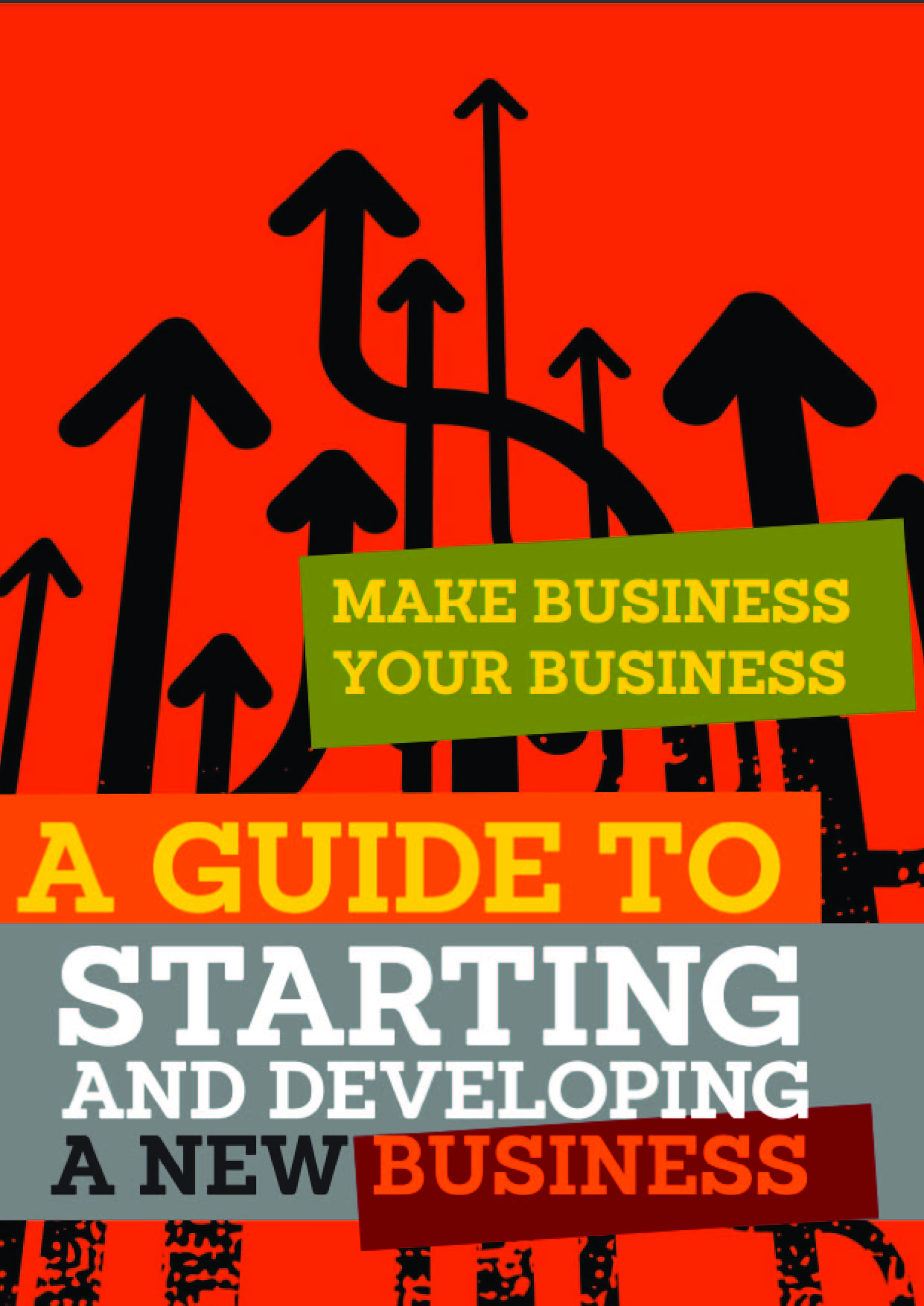The Government Raises Money: Introduction to Some Basic Concepts of Taxes and Taxing Income
The word is out: the United States Government needs money in order to operate. The vast majority of us do want the government to operate and to continue to provide benefits to us. There are many ways in which the Government may endeavor to raise money, only one of which is to tax its own citizens on their income. A few examples follow:
Tariffs: The Government might impose tariffs (i.e., taxes) on imports or exports. In order to sell their wares in the United States, foreign merchants at one time had to pay very high tariffs. Tariffs would of course protect domestic producers of the same wares who did not have to pay such tariffs. However, this hardly helps domestic consumers of products subject to a tariff because they must either pay an artificially inflated price for an import or a higher price for a (lower-quality?) domestic product. Export duties could also have a pernicious effect. They encourage domestic producers to endeavor to sell their goods at home, rather than in foreign markets where they might have made more profits. Export tariffs also discourage imports of perhaps more efficiently produced (and therefore more inexpensive) foreign imports. And notice: the use of tariffs as a means of raising revenue creates a cost that mostly the buyers and sellers of those products alone pay. The burden of paying for Government is not spread very evenly if tariffs are the means of raising revenue to support the Government. Nevertheless, tariffs were one very important source of revenue for our country in its early days. This is not nearly so true any longer.
Government Monopoly: The Government might choose to enter a business and perhaps make competition in that business unlawful. Lotteries were illegal in most places until some wag discovered that the state could make a lot of money by engaging in the business of running lotteries and giving itself a monopoly over the business. Nowadays, most states have lotteries that they run with no competition other than what they are willing to tolerate, e.g., low-stakes bingo games that charities operate. One argument favoring this means of financing government is that there is no compulsion to buy lottery tickets, i.e., willing buyers contribute to the Government coffers. States may also become quite adept at making customers feel good about buying lottery tickets because the state is able to do so much good with the money it raises. Again, the burden of paying for what lottery proceeds purchase falls only on the consumers of lottery tickets. Many non-purchasers derive benefits from lottery proceeds at the expense of those willing to give up some of their wealth in the forlorn hope of hitting it big. Also, governments may engage in businesses other than lotteries. For example, many states own the liquor stores that operate within its borders. Governments may charge for services that they provide with a view to making profits that are spent in pursuit of other government objectives. There is always the risk that the Government might not be very good at running a particular business. Government-operated airlines are notorious money-losers. And again, why should consumers of certain products or services be saddled with the burden of paying for a government that (should) benefit(s) all of us?
Taxing Citizens: Instead of trying to raise money from those willing to give it to the Government, Government may tax its citizens or residents – and perhaps try to tax non-citizens or non-residents. This raises the question of what it is government should tax – or more formally, what should be the “tax base.” There are various possibilities.
